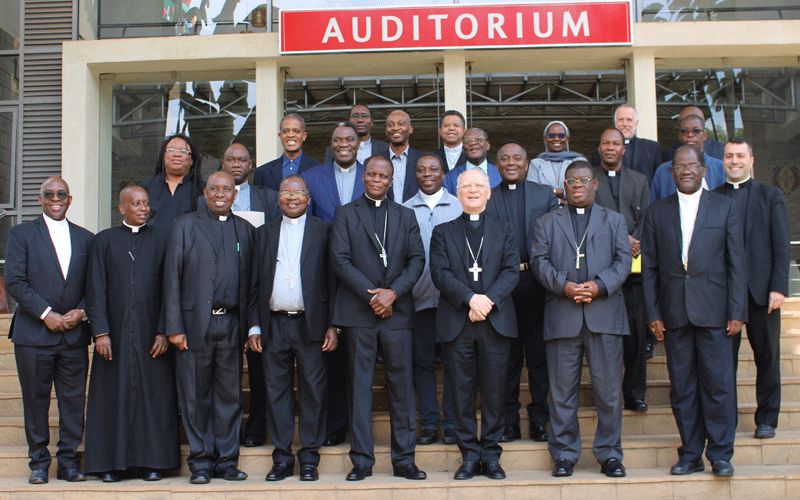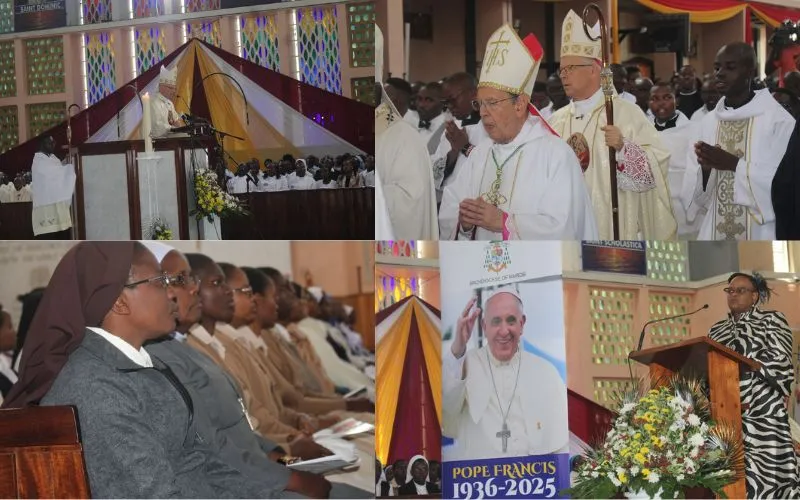Nairobi, 03 December, 2019 / 2:19 am (ACI Africa).
With the legal effect of the new Apostolic Constitution governing institutions that offer Vatican-approved degrees into its second academic year for many such academic and formation entities in Africa, heads of these Church institutions of higher learning across the continent including Chancellors, Rectors, Presidents and Deans of faculties met in Kenya’s capital, Nairobi to strategize the aligning of the administration of their respective facilities with the new norms contained in the document of Pope Francis, “Veritatis Gaudium” (the joy of truth).
“We have been having a two-day convention here in the Catholic University of Eastern Africa (CUEA), to reflect a bit after the launch of the Apostolic Constitution of Pope Francis titled “Veritatis Gaudium,” the Chairman CUEA Council, Bishop Maurice Muhatia Makumba told ACI Africa on the sidelines of their meeting that concluded Saturday, November 30.
The document by Pope Francis, Kenyan Bishop Muhatia explained, “is meant to guide the Church in the management and administration of all Ecclesiastical Universities and Faculties that teach Church courses especially in theology and canon law.”
Published on January 29, 2018, Pope Francis’ “Veritatis Gaudium” sought to update the 1979 Apostolic Constitution “Sapientia Christiana” of John Paul II, which, according to the Holy Father, needed “to include the norms and dispositions issued since its promulgation, and to take into account developments in the area of academic studies in these past decades.”
The establishment of updated norms for Ecclesiastical Universities and Faculties was also informed, as Pope Francis explained in the foreword of the document, by the “need to acknowledge the changed social-cultural context worldwide and to implement initiatives on the international level to which the Holy See has adhered.”








